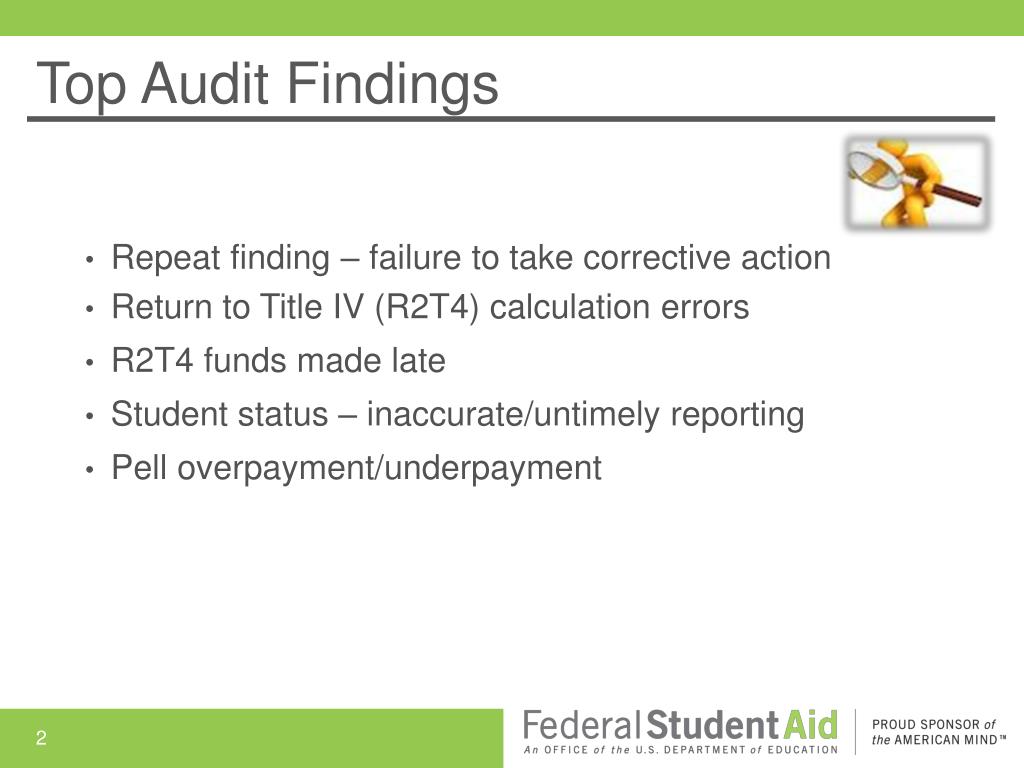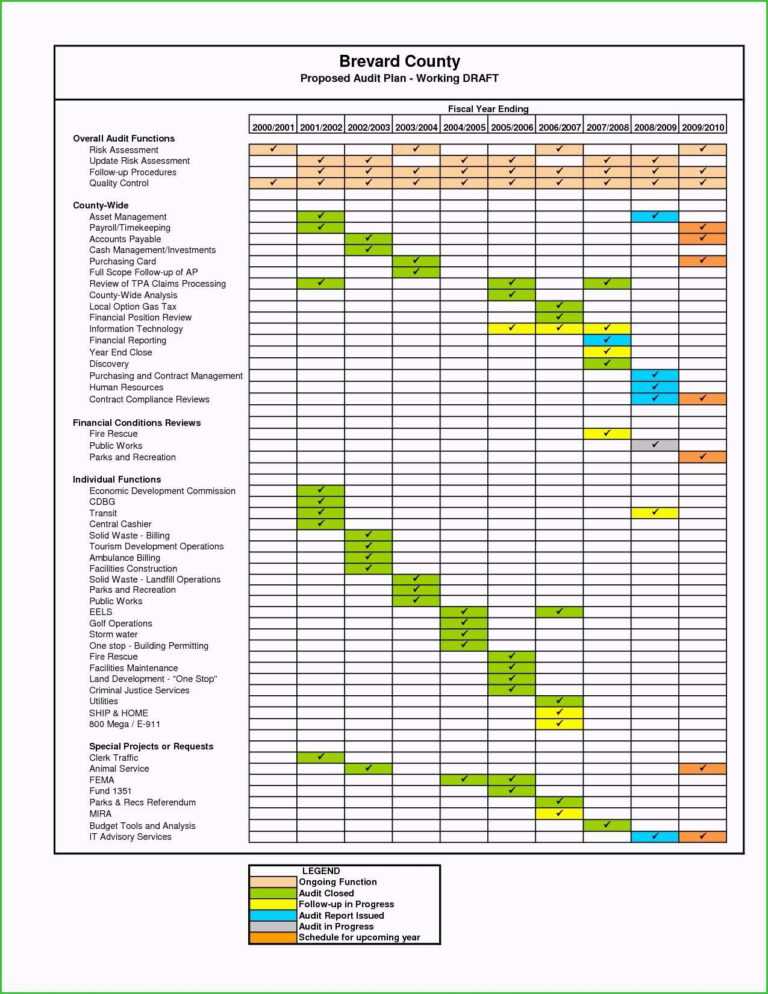

If management does not possess the skills to prepare GAAP financial statements on its own, the government could always choose to engage the services of someone other than the independent auditor to provide the needed assistance. However, such assistance will constitute either a significant deficiency or a material weakness if it is provided as a matter of necessity rather than of convenience (i.e., management does not have the skills needed to prepare GAAP financial statements). Such assistance does not constitute a significant deficiency or material weakness if it is provided merely as a matter of convenience (i.e., management could produce the financial statements, but chooses not to), although the auditor will have to consider how the provision of this service impacts their independence. Independent auditors often assist clients with the preparation of their financial statements. This guidance indicates that it is not sufficient that the independent auditor determine that the financial statements under audit are, in fact, fairly presented in accordance with generally accepted accounting principles (GAAP): generally accepted auditing standards (GAAS) also require that the financial statements be the product of a financial reporting system that offers reasonable assurance that management is able to produce financial statements that comply with GAAP. These standards require auditors to report any material weaknesses or significant deficiencies identified in conjunction with the financial statement audit. This guidance is applicable whenever an auditor expresses or disclaims an opinion on financial statements. The Auditing Standards Board (ASB) of the American Institute of Certified Public Accountants (AICPA) has issued guidance on communicating matters related to a government’s internal control over financial reporting identified in an audit of financial statements. Employment Resources for Finance Officers.Economic Development & Capital Planning.Accounting, Auditing, & Financial Reporting.Alliance for Excellence in School Budgeting.WBK regularly assists clients located throughout the country with federal and state reporting requirements. The other newly-issued FAQ clarifies what kinds of events require mortgagees to submit Notices of Material Event to FHA, and the timing for such submissions. This seeks to clarify what HUD considers to be a reportable Unresolved Finding.

In the new FAQ, FHA states that it considers “ any adverse written finding issued by a regulatory or oversight Entity to be material, regardless of whether it meets the definition of Material Finding in.

In the context of mortgage servicing, a Finding is Material if it has an adverse impact on the property and/or FHA.” In turn, “Material Finding” is defined as follows: “In the context of mortgage origination and underwriting, a finding is Material if disclosure of the Finding would have altered the Mortgagee’s decision to approve the Mortgage or to endorse or seek endorsement from FHA for insurance of the Mortgage. The Handbook defines an “Unresolved Finding” as “a material, adverse written finding…contained in a lawsuit or report produced in connection with an investigation, audit, or review conducted by HUD, another federal, state, or local governmental agency, or by any other regulatory or oversight Entity with jurisdiction over the Mortgagee or its officers, partners, directors, principals, managers, supervisors, loan processors, loan underwriters, or loan originators, that has not yet been resolved through final agency or judicial action.” These FAQs relate to the requirement in the Single Family Housing Policy Handbook 4000.1 that a mortgagee must report an Unresolved Finding to HUD as a Notice of Material Event. FHA recently issued FAQs addressing what constitutes an “Unresolved Finding” and what triggers a “Notice of Material Event” for FHA reporting purposes.


 0 kommentar(er)
0 kommentar(er)
